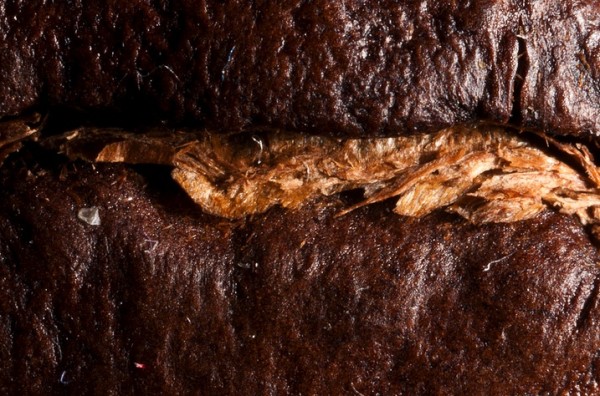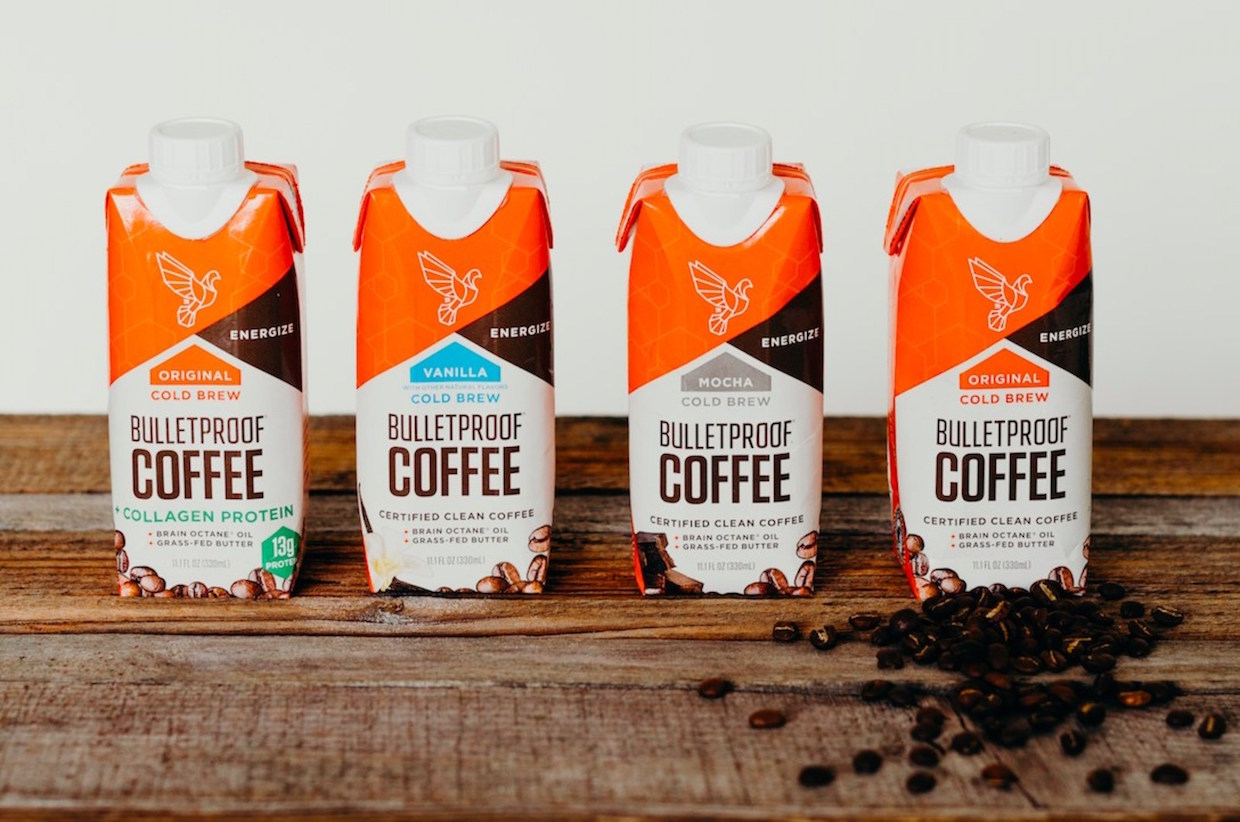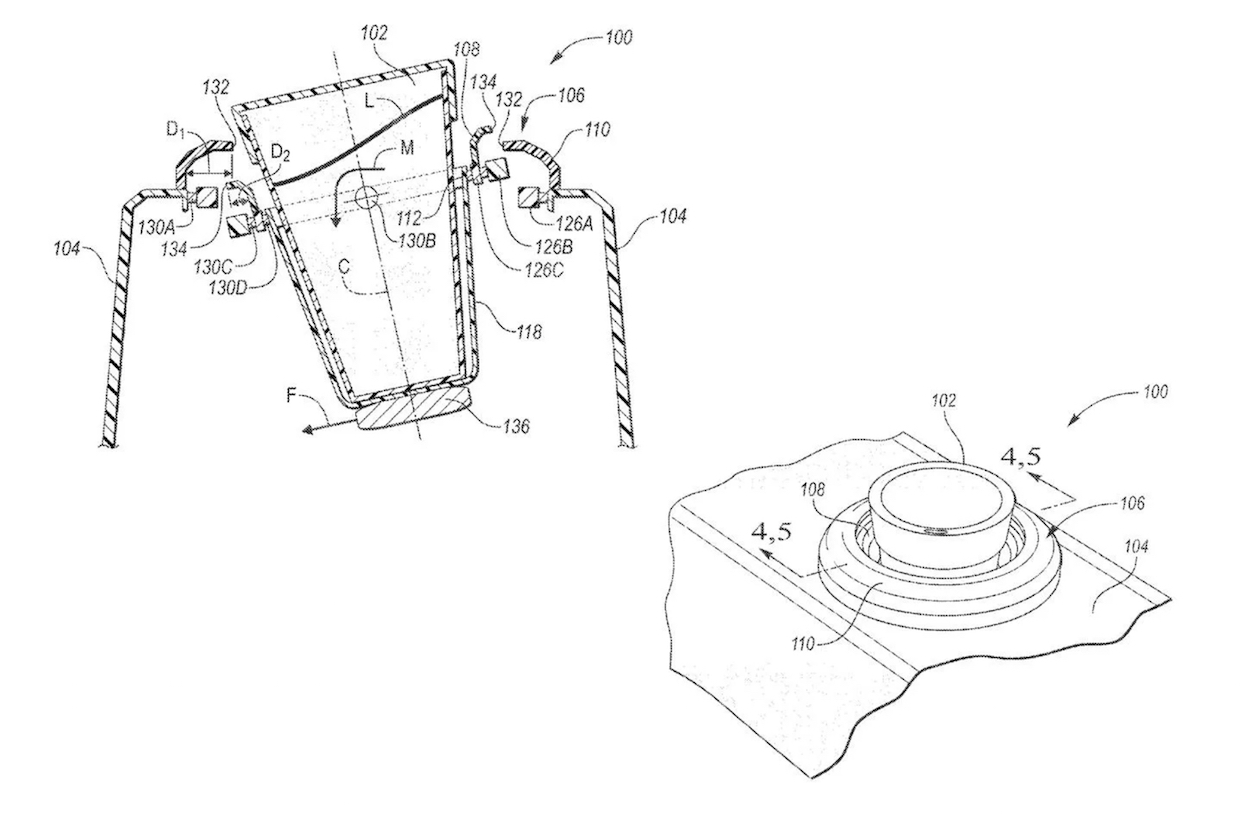The legal news service Law360 is reporting that the long-running litigation over whether coffee companies should be forced to include warnings to consumers regarding the existence of low levels of carcinogens, such as acrylamide, has resumed in California. Following Proposition 65, the lawsuit was filed seven years ago by the Council for Education and Research on Toxics (CERT), and the numerous coffee company defendants named in the litigation were granted a stay in 2015. No longer, according to Law360:
A California trial over whether Starbucks and other coffee sellers should warn consumers about low levels of a carcinogen in their brews kicked off Tuesday with the companies saying the chemical is a low-risk byproduct of coffee roasting and a nonprofit arguing that no exemption to a state notification law is warranted.
As of this writing, we were unable to obtain court documents related to this ongoing litigation, but we will provide updates when possible.
The Uganda Coffee Development Authority and the African Fine Coffees Association have launched a training program to help prepare coffee producers and other sellers for the country’s first national coffee auction of its kind, while announcing that the auction will take place in January, 2018, according to Africa Business Communities:
The training targets coffee producers, exporters, processors and roasters and will be conducted by UCDA’s highly skilled quality and promotions staff in collaboration with AFCA. The training will provide participants with the skills to prepare and process high quality specialty coffee beans and enable them to prepare to participate in the Taste of Harvest (TOH) competition.
The well-funded butter coffee pioneer Bulletproof announced today that it is rolling out its first RTD Bulletproof coffee drinks, with distribution at Whole Foods stores nationwide. The announcement comes mere weeks after Austin, Texas-based butter-coffee-purveyor Picnik made a similar announcement, again with Whole Foods at the forefront. From Bulletproof:
To date, more than 100 million cups of the brand’s original recipe for Bulletproof Coffee have been consumed by people all over the country. The new on-the-go version provides sustainable energy from high quality fats rather than sugar, allowing people to boost their performace anywhere – from the gym, to carpool duty or in the boardroom. BulletproofCoffee Cold Brew is the newest innovation from the company that will allow people to conveniently take steps toward achieving their goals and unleashing their full potential.
Not everyone is buying those claims. A headline from Gizmodo read, “Bulletproof Coffee Announces Bottled Bullshit Launch at Whole Foods.” Here’s more from that piece:
We’ve debunked some of the other Bulletproof coffee claims before. They say that you can “program your body to burn fat,” but we’ve already written extensively about the fact that you can’t jumpstart your metabolism (aside for a slight effect from caffeine, butter or not). They say you can lose “a pound a day,” but if you’re cutting out a meal a day, of course you’ll lose weight. They say it “suppresses hunger;” that claim is plausible but preliminary.
And sure, high-fat diets are the ones gaining momentum right now, but you can change your diet without buying a souvenir from some businessman’s trip to Tibet.
Cold brew hot takes. They’re everywhere. SFist has the latest “Is cold brew really any good?” piece, asking several Bay Area coffee pros to continue the debate. One way to frame the answer to the basic question is, “Depends. Do you sell it?”
Cold brew. It’s all the rage. It is beloved, especially on warm days, by many a coffee-toting hip kid and soccer mom, but it necessarily leads to the question of whether coffee really ought to be brewed cold, what the process does to coffee, and why do people now prefer and demand this when the world got by just fine with icing hot-brewed coffee for a century or more?
Ford Motor Company has filed a patent for a self-leveling cup holder. According to CNet Roadshow’s analysis, the design centers around the use of little thing called a gimbal. There’s no word yet on whether this thing will actually see the road:
The system works thanks to something called a gimbal. Basically, a gimbal allows an object to stay upright even though the gimbal itself might be moving all over the place. If you’ve ever seen the Steadicam equipment that lets a cameraman move quickly while keeping their camera perfectly stable, you’ve seen a gimbal in action.
Nick Brown
Nick Brown is the editor of Daily Coffee News by Roast Magazine.
Comment
2 Comments
Comments are closed.









California are already a laughingstock on many issues. I can now imagine the stupid Propositioin 65 “warnings” on every shop door, cup, bag on offer, brewing device, sold in the state. They are already on water based housepaint, cars, fuel, many household chemicals. Funny thing, I don’t see Californians dropping from cancer any less often than we in the remaining 56 states…… which means folk are either laughting at and ignoring the labels, or the “substances known to the state of California to cause cancer” really don’t.
But whaddya speck from the place where anyone has to do fingerprints and a background check to buy a box of fifty twenty two cartridges…….
I think the real issue with Proposition 65 is that you don’t consume food and beverages in isolation. If you only get a minute amount of a toxic substance from eating one thing, you still need to add up all the other things that you ate around that time that also had the toxic substance it too to get a clear picture of what is being done to you through the willful negligence of producers who could be paying to fix their systems to be non-toxic but value money more than their customer’s health and safety.
Coffee not only has acrylamide in it but it has lead it in too. This study is from The Danish Environmental Protection Agency. It is written in both Danish and English with the Danish version of each section followed by an English equivalent.
https://www2.mst.dk/Udgiv/publications/2015/09/978-87-93352-66-7.pdf
Paraphrasing that paper: The content of lead in the 44 samples of coffee
beans ranged 4.5 to 65.3 ng/g an average of 15.9 ng/g.
At 7g of coffee beans per cup that is an average of 111.3 nanograms of lead. Prop 65 requires a “causes birth defects” warning label at 0.5 micrograms so you would need five cups. At 50g per 20oz french press you are over the limit at 795 nanograms.
Here are 19 studies that link “low level” lead exposure to neurological issues related to criminal behavior:
https://docs.google.com/spreadsheets/d/1p-Cbsti4WHMMS1-mDffPwjlwWFeUdNJQkTlsfhGD1K8/edit?usp=sharing